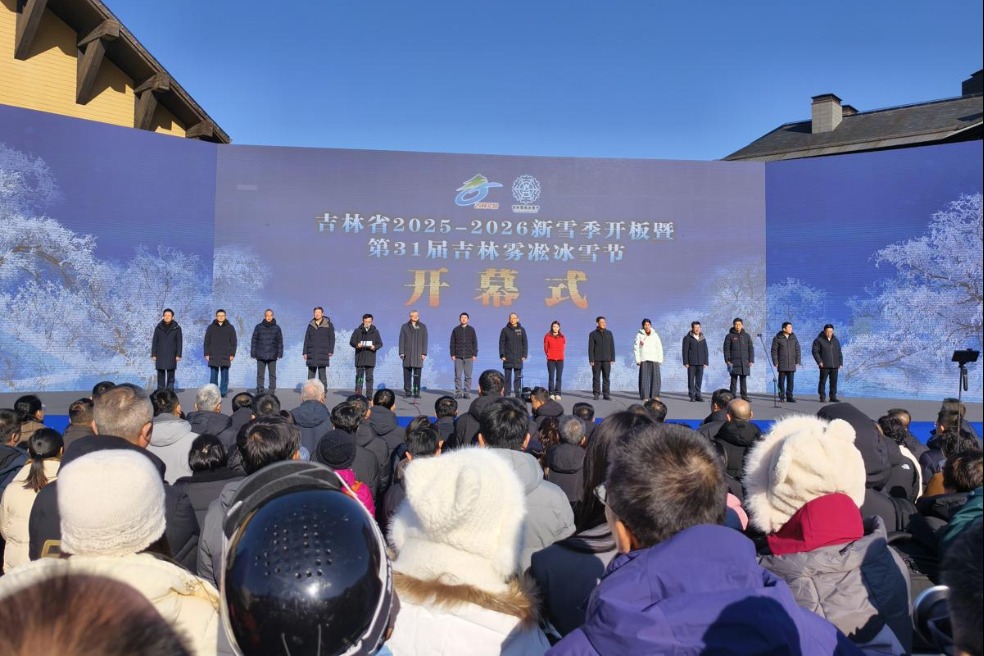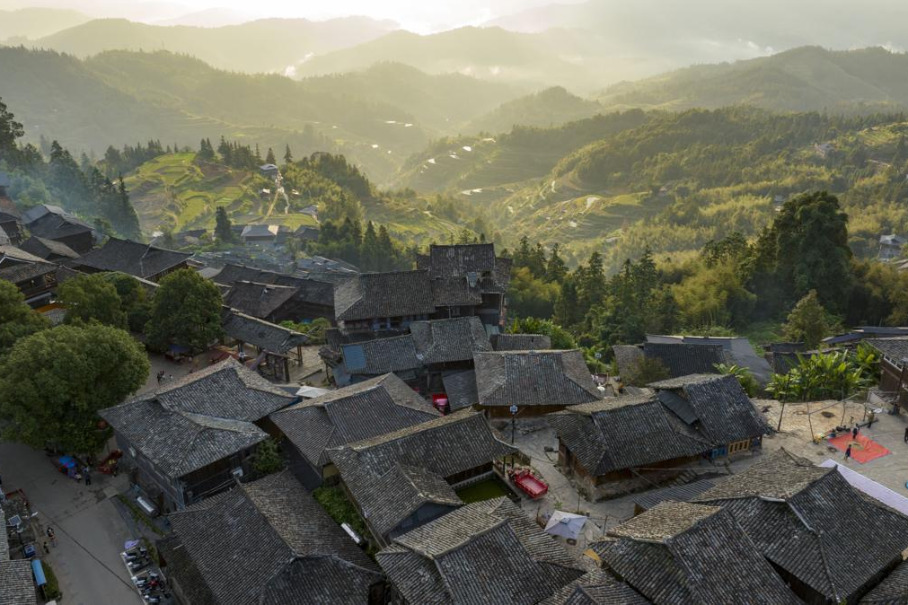Chinese researchers develop new catalyst for producing hydrogen

HANGZHOU -- A Chinese research team has developed a low-cost catalyst that can help generate hydrogen from water by simulating photosynthesis, a finding expected to drastically reduce the cost of hydrogen power.
The new catalyst was developed by a research team led by Hou Yang, a researcher with Zhejiang University in the eastern Chinese city of Hangzhou. The finding has been published in the online edition of Nature Communications.
The traditional catalyst for generating hydrogen from water is a precious metal called iridium, which is expensive and often inefficient and unstable, according to Hou.
By imitating the atomic structure of chloroplast, Hou's team developed the new catalyst with a special structure, which can reduce the production costs by more than 80 percent.
"As a type of clean energy, hydrogen has the advantages of no pollution, a high combustion value and is widely attainable," Hou said. "The process of producing hydrogen by splitting water can meet the demand for high-density energy in new energy vehicles."
- Jilin kicks off 2025-26 snow season with grand opening event
- China hails 'hard-won' COP30 Global Mutirao decision
- China-SA science exhibition showcases innovation, cultural exchange
- China opens draft regulations on data protection to public consultation
- Veteran French physicist elected to Chinese Academy of Sciences
- Former Polish deputy PM praises China's economic rise, growing influence




































